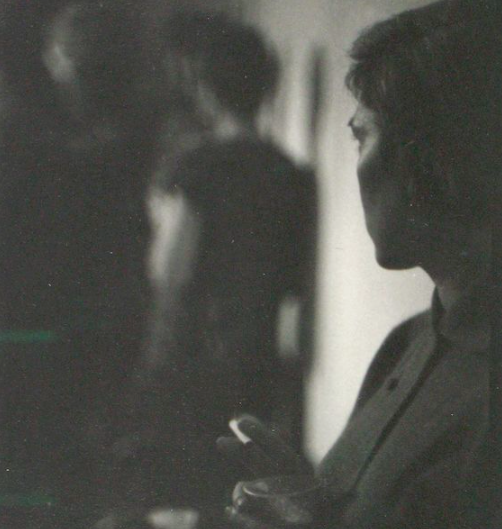It's Not Rejection, It's a Redirection
"Every time I thought I was being rejected from something good, I was actually being re-directed to something better.” - Steve Maraboli
Rejection. We all dread it. We fear it. But what if we saw it differently? As a high-achiever you might experience rejection more intensely. Whether it's from a romantic partner or a potential employer, rejection can sting deeply. But what if it didn't have to?
What is Rejection?
Rejection is a perceived negative response to your ideas, proposals, or even your very self. It's that "no" when you were hoping for a "yes," the silence when you longed for engagement, or the disapproval when you sought validation. Rejection can come from anywhere—family, friends, work, or romantic partners. But it's not a door slammed in the face; it’s a timely reminder for a redirection towards an even better opportunity.
Consequences of Rejection
Psychologically, rejection can lead to feelings of inadequacy and self-doubt. It might trigger an internal narrative of not being "good enough," which can spiral into anxiety or depression. Emotionally, rejection hurts. It can feel like a personal affront, shaking your self-esteem and making you question your worth.
Behaviourally, rejection can cause you to withdraw, avoiding situations where you might face further rejection. This avoidance can stifle your creativity, curiosity, and courage—all essential traits for high-achievers.
Coping with Rejection from a Romantic Relationship
When faced with rejection from a romantic partner, it’s essential to allow yourself to feel your emotions. Sit with the hurt, sadness, or anger, and understand why you feel this way. Understanding Kubler Ross’s stages of grief and loss can be helpful in understanding the different emotions and behavioural responses that could arise due to a loss of a romantic relationship (including 1. Denial, 2. Bargaining, 3. Anger, 4. Depression, and 5. Acceptance).Journaling, talking to a trusted friend, or even seeking professional help can provide the space needed to process these emotions.
Next, identify the reasons behind the rejection. Was it a matter of compatibility? Did your partner express specific concerns that might have validity? Use this information for self-improvement but remember, you don’t have to change unless it’s for your own growth:
Practice Self-Compassion: Treat yourself with the kindness you would offer a dear friend. Speak to yourself gently and encourage positive self-talk.
Find the Lesson: Every rejection holds a lesson. What can you learn from this experience? How can it help you grow?
View Rejection as Redirection: Remember, every “no” is a step toward a better “yes.” Rejection often redirects us to paths more aligned with our true selves.
Coping with Rejection in the Workplace
Workplace rejection can be particularly tough for high-achievers. It might come in the form of not landing a job after multiple interviews, having a proposal denied, or receiving critical feedback on a project. The key is to reframe these experiences not as failures but as opportunities for growth:
Adopt a Growth Mindset: See rejection as a challenge and an opportunity to improve. Embrace feedback as a tool for development rather than a judgment of your worth.
Emotional Regulation: Practice mindfulness to stay present and non-judgmental. This helps reduce the emotional impact of rejection.
Seek Constructive Feedback: Instead of avoiding critique, seek it out. Ask your boss or peers for specific areas of improvement. This shows your commitment to growth and can open doors to future opportunities.
Psychological Interventions to Cope with Rejection
Building resilience is crucial. It means bouncing back stronger from setbacks. Self-compassion allows you to treat yourself kindly, reducing the sting of rejection and promoting emotional well-being. Cognitive Behavioural Therapy (CBT) can help reframe negative thoughts and challenge self-limiting beliefs. Positive psychological interventions within the context of coping with rejection focus on identifying and utilising your strengths, developing a more hopeful outlook, and generating meaning and purpose in life.
Ready to transform rejection into an opportunity?
At Flow to Flourish, we specialise in helping high-achievers like you navigate life's challenges with resilience and self-compassion. Through 1:1 performance psychology sessions, either in-person or via Telehealth, Jess offers personalised strategies to turn rejection into a powerful catalyst for growth. Book your 1:1 session with Jess at Flow to Flourish today and discover how you can best help yourself to thrive following a rejection. Don't let a setback stifle your progress—embrace it as a stepping stone to a more fulfilling life.
Rejection is a part of life, but it doesn't have to define you. With the right mindset and strategies, you can turn every "no" into a powerful "yes" to personal growth and success. Let's get started on this journey together!








